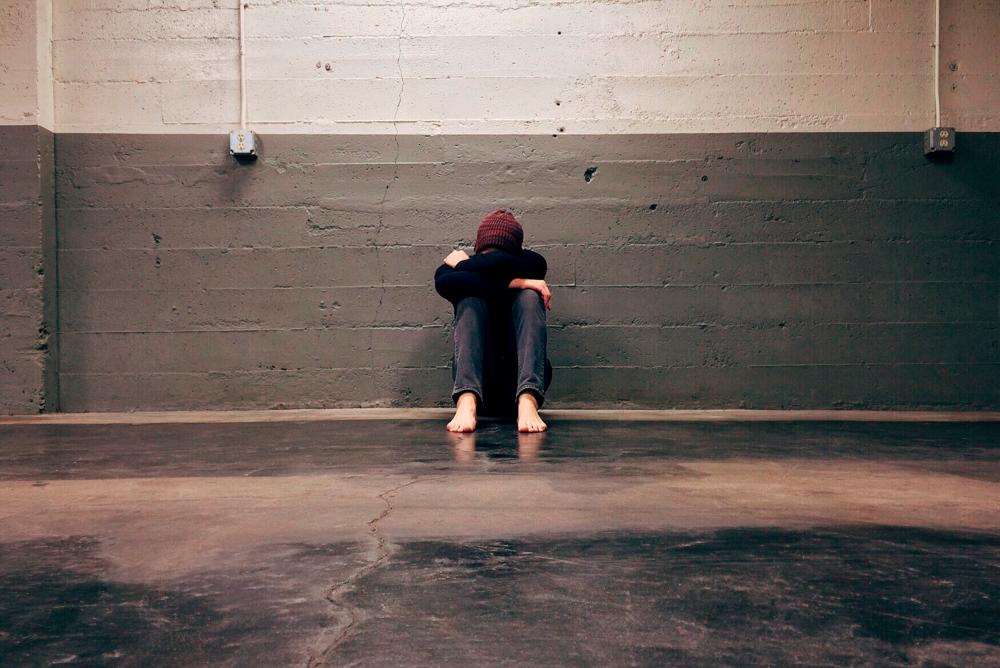THE World Health Organisation reports that suicidal behaviour is the leading global killer among those aged 15 to 29.
In 2019, Malaysia had the highest reported rates of suicides among 15 to 29-year-old Malaysians, with an estimated 1.841 deaths per 100,000 people. That’s about five deaths every day.
A total of 41% of those who reached out for help were under 30 years old.
Suicide rates among adolescents vary greatly depending on age, gender and culture.
Some studies show that girls are twice as likely as boys to attempt suicide.
Other studies indicate that suicidal behaviour peaks during adolescence, particularly around ages 15 to 17.
Risk factors for suicide include one or more mental health disorders, impulsivity or undesirable life events such as the loss of a loved one, or chronic illness and alcohol use.
Suicide attempts often occur in response to stressors related to school performance, romantic relationships, peer pressure, family conflict, financial difficulties, academic failure or physical pain.
Although there has been little research into why some teenagers are at greater risk for suicidal behaviour than others, researchers believe that certain biological, psychological, environmental and behavioural factors increase the likelihood of developing suicidal thoughts and attempting suicide.
These include genetic predispositions, history of psychiatric disorders, depression, impulsivity, low self-esteem, alcohol use, drug use, poor coping skills, exposure to violence, bullying, family conflict, parental separation/divorce, living away from home, peer victimisation, lack of friends, academic failure and physical illness.
Many of the warning signs of teenage suicide are also symptoms of a major depressive disorder.
Depression often manifests itself in similar ways in teens as it does in adults – changes in sleep patterns, appetite and social interactions.
They might become preoccupied with thoughts about death or self-harm.
They may start avoiding schoolwork or activities they used to enjoy.
When parents are concerned about their teen’s behaviour, it’s natural to feel anxious, worried, sad, angry, frustrated, confused or guilty.
These emotions are normal responses to having a child struggling with mental health issues.
But when we try to control their feelings, we make them worse.
In fact, research suggests that trying to manage negative emotions – by using statements such as “it’s okay”, or “you’ll figure it out” – can lead them to believe that they’ve failed.
And that belief itself can cause even more distress.
Here’s what you can do instead:
1. Express your concern. If you see signs of trouble, talk to your teen about it. Tell them how you feel and ask questions to learn more about what’s happening. This helps you maintain the connection while giving your teen space to process their thoughts and feelings;
2. Be honest. Don’t pretend like you aren’t worried. Say something such as, “I’m concerned about you.” Even if you think you’re being supportive, it’s better to be upfront rather than pretending everything is fine;
3. Offer comfort. If you see signs that they are having trouble coping, ask if they need anything. You could even make a list of things you’d do if you were in their shoes;
4. Stay calm. Keep your cool. Your words will matter more than your tone;
5. Listen. Try to pay attention to what they say. Ask questions and let them talk; and
6. Encourage. When you notice that your teen is getting discouraged, encourage them to keep trying. Remind them that there are people out there who love and accept them just the way they are.
Suicide prevention starts with talking about it. Many teens are afraid to talk about what they’re feeling because they don’t want to hurt anyone’s feelings.
But just like adults, teens need support and understanding from those around them.
If you notice changes in your teen’s behaviour that seem out of character, pay attention.
Teen suicide isn’t inevitable. With proper treatment, most people who experience depression recover completely and there are many effective treatments for depression.
You can also do things to help your teen feel better.
Make sure your teen gets plenty of sleep, exercise and good nutrition. Avoid drugs and alcohol. Be supportive and encouraging.
Don’t belittle your teen or make fun of them. And remember that even though you love your teen very much, you cannot fix everything.
Your teen needs to work on getting healthy on their own.
They may need to learn coping skills, develop social relationships or deal with difficult situations.
It can be overwhelming when our teen is struggling with mental health issues.
But if you’re able to take action, you can make a difference.
Seek help from a mental health professional if you notice self-harming behaviours.
Dr Praveena Rajendra is a certified mental health and awareness practitioner specialising in narcissistic abuse recovery. Comments: letters@thesundaily.com














